It just worked. The rave reactions from critics and audiences, and the hail of Baftas, Oscars and Golden Globes which showered down on it, made it clear that The King's Speech wasn't just any old movie, but a rare moment in cinema history. It cost about $15 million to make, and has grossed $400 million worldwide so far. Now there's music to a producer's ears.
Colin Firth's mesmerising portrayal of the stammering Duke of York, thrust traumatically into the imperial limelight by the abdication of his flaky Wallis Simpson-obsessed brother, has elevated him from mere greasepaint aristocracy to the pinnacle of thespian royalty. However, it's salutary to be reminded of the cast's strength in depth, and of the way they were moulded by Tom Hooper's meticulous direction.
There's brilliance in spades from Helena Bonham Carter as the Duchess of York ("like a marshmallow, but made with a welding machine", as the actress put it), from Michael Gambon, resembling a portrait on an Edwardian cigarette card as the ailing George V, and from Guy Pearce, delivering an uncanny interpretation of the spiteful and mercurial Edward, Prince of Wales. Geoffrey Rush's performance as Lionel Logue, the maverick Australian speech therapist who became the King's lifelong friend and ally, will be spoken of as long as pictures can be made to move (Firth and Helena Bonham Carter as the royal couple, pictured below).
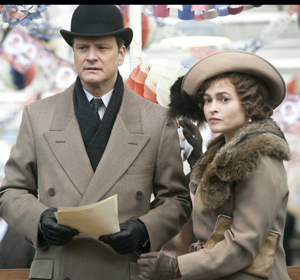 The DVD release brings an above-average set of extras. Apart from the theatrical trailer and some original newsreel clips of George VI, there's a behind-the-scenes documentary which includes interviews with the major players (Firth confides that Ms Bonham Carter is an excellent person to be stuck in a lift with because "she's amusing, attractive and very small"). There's also a comprehensive interview with Mark Logue, Lionel's grandson and the author of a book also called The King's Speech, based on Lionel's diaries. Logue the younger fills in some fascinating background about Logue's speech-therapy techniques, which were developed to help servicemen returning from the Great War, and his close friendship with George VI and Queen Elizabeth.
The DVD release brings an above-average set of extras. Apart from the theatrical trailer and some original newsreel clips of George VI, there's a behind-the-scenes documentary which includes interviews with the major players (Firth confides that Ms Bonham Carter is an excellent person to be stuck in a lift with because "she's amusing, attractive and very small"). There's also a comprehensive interview with Mark Logue, Lionel's grandson and the author of a book also called The King's Speech, based on Lionel's diaries. Logue the younger fills in some fascinating background about Logue's speech-therapy techniques, which were developed to help servicemen returning from the Great War, and his close friendship with George VI and Queen Elizabeth.
Above all, there's Hooper's director's commentary, in which he contributes a swathe of anecdotes and insights about every aspect of the production. He describes how the script was developed as filming progressed and analyses his shooting techniques for each individual scene, down to which camera lenses he preferred. There's some great stuff about how locations were chosen, with the same house in London's Portland Place providing both Logue's consulting room with its surreal "distressed" wallpaper and the Duke and Duchess's London townhouse. Ely Cathedral stood in for Westminster Abbey, and Elland Road in Leeds was magicked into Wembley Stadium. On top of that, Hooper talks about the insights he gained into the real-life characters, such as the way the King was haunted by the fear of madness. It was the intimate story of struggle and sacrifice behind the royal facade that stoked the film's magnetic allure.

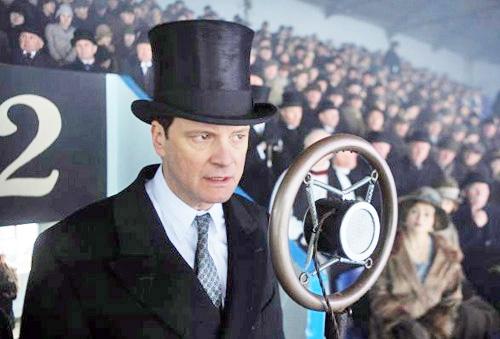




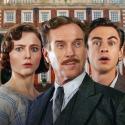
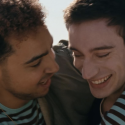
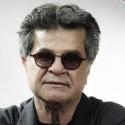

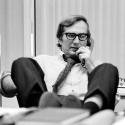

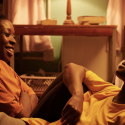
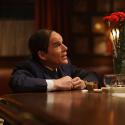
Add comment